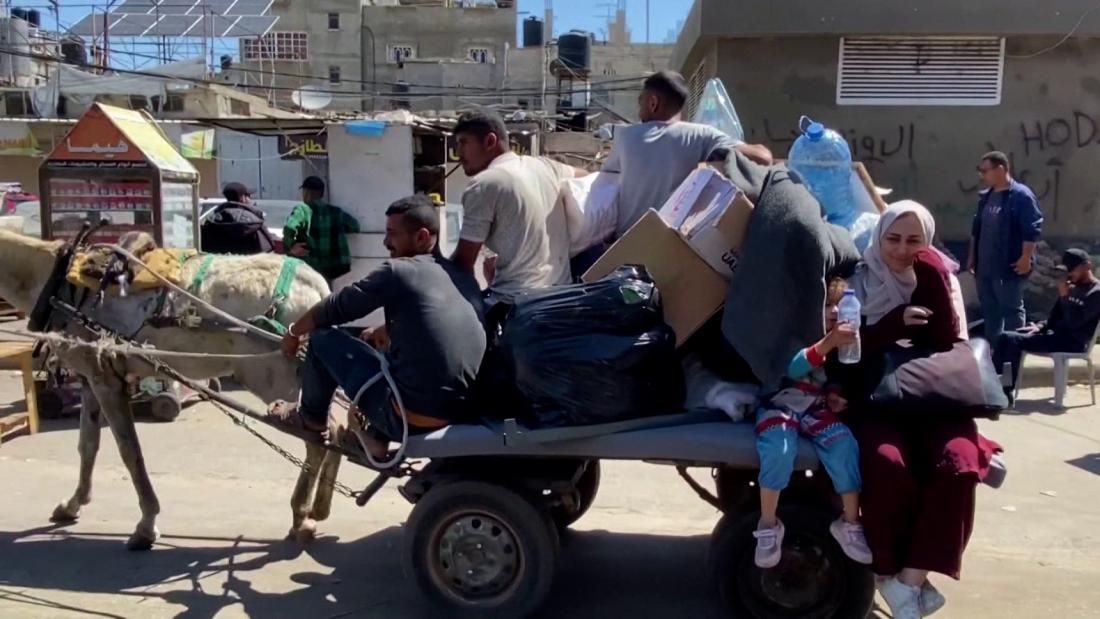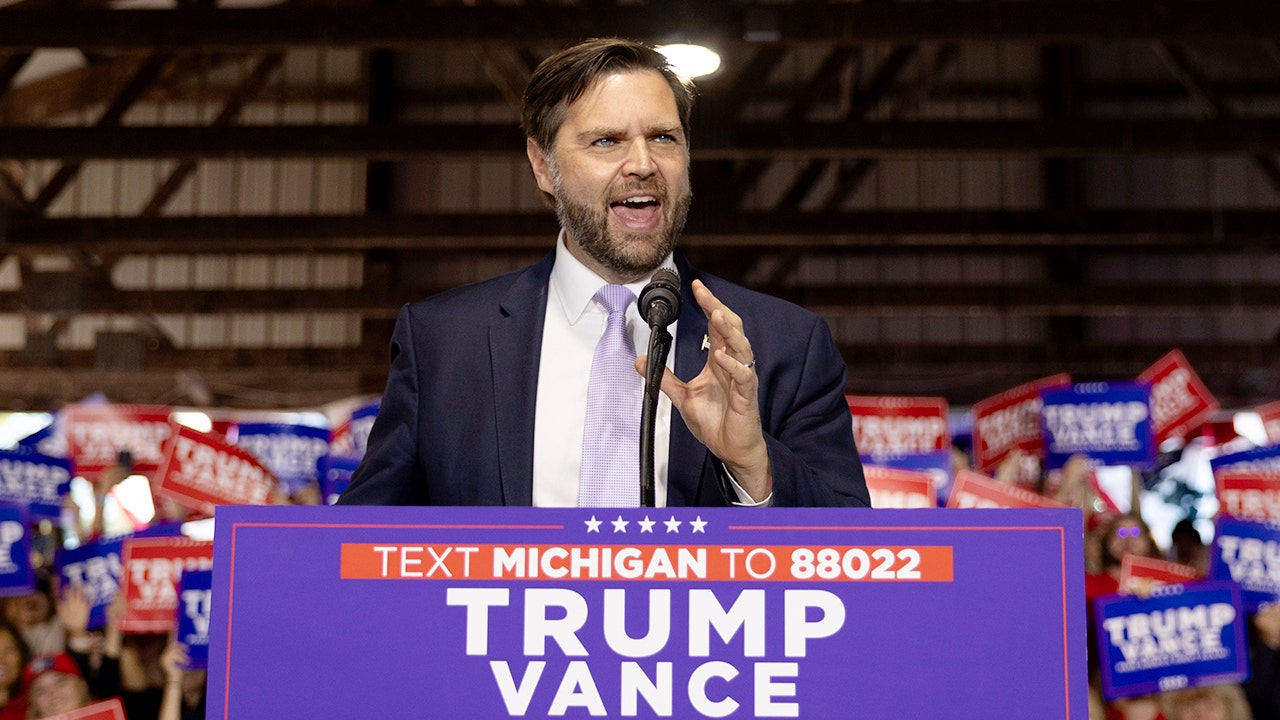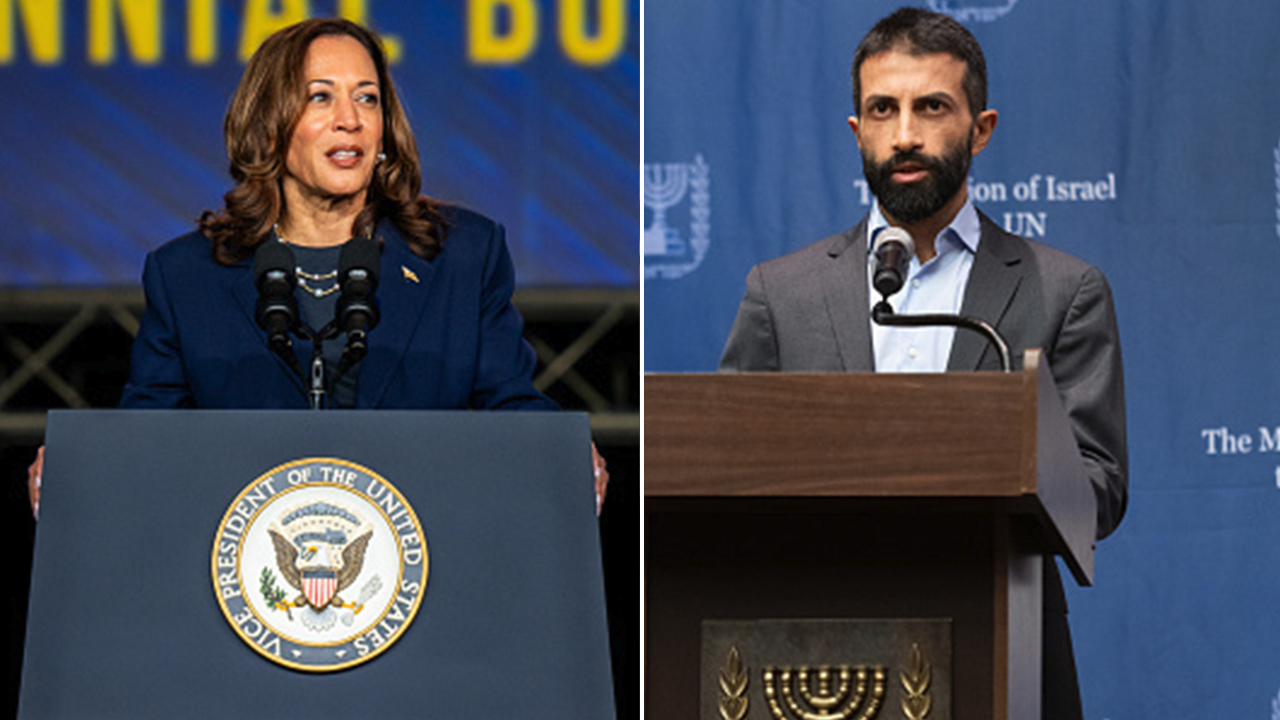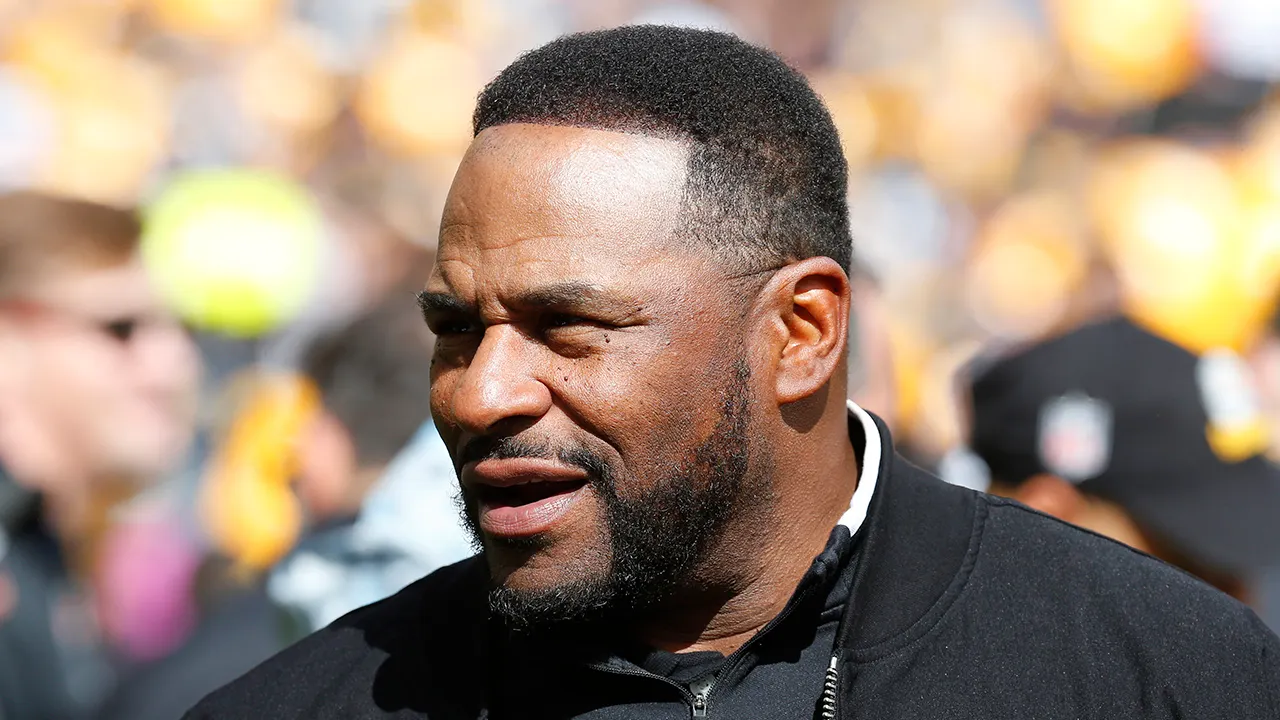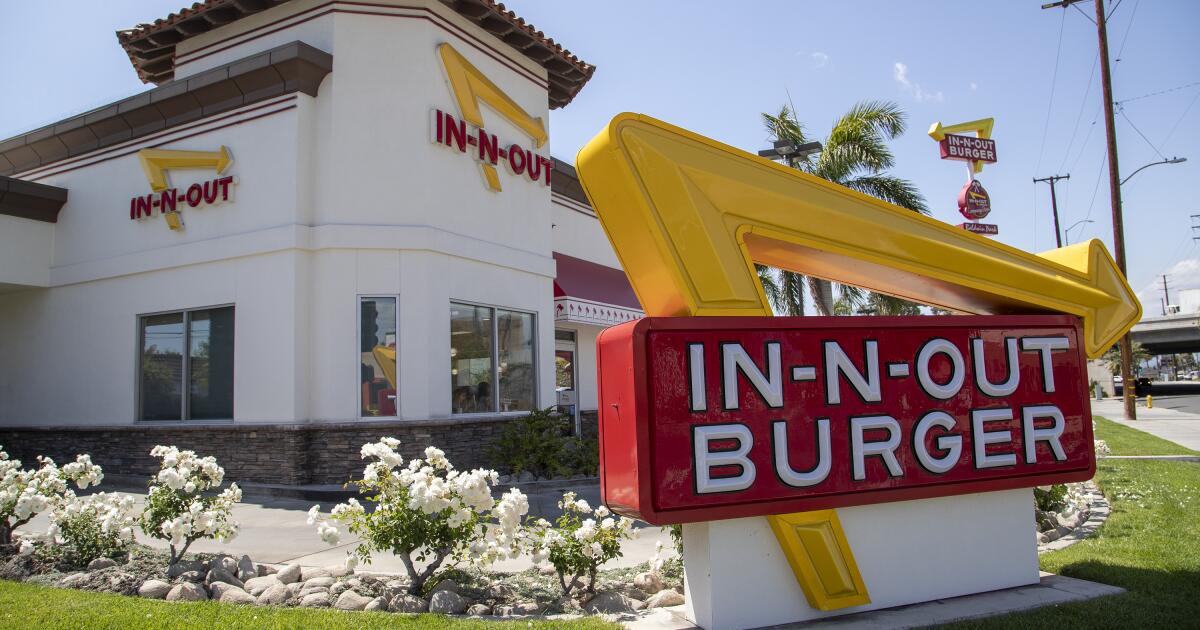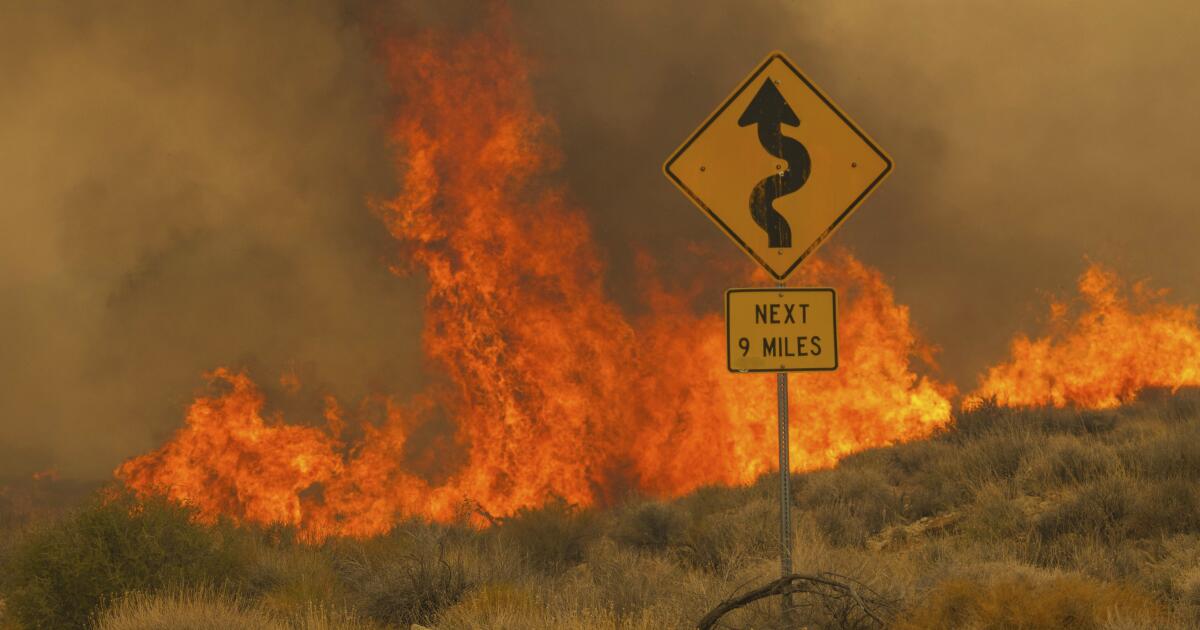In its latest ceasefire counterproposal on Monday, Hamas demanded that Israel agree in advance to an initial 12-week pause in fighting instead of six weeks, creating a major hurdle in negotiations, three sources familiar with the matter told CNN. the deliberations.
Israeli officials are strongly opposed to accepting the longer request, believing it would be no different from accepting an effective end to the war.
A senior Biden administration official said Israel has made clear that it wants to reserve the right to dismantle the four remaining Hamas battalions in Rafah.
“We need to maintain flexibility to continue the war to do that,” the official said, adding that Israel could not do that if the first six-week ceasefire period simply flowed into the second phase, when a “sustained calm.” in Gaza, according to the Hamas proposal.
Earlier in the talks, Hamas agreed to engage in negotiations during the first six weeks of a lull in fighting, talks that would require the sides to reach agreements before the second, six-week phase of the truce could take effect. weeks. effect, sources said. They described Hamas' new demand as a clear setback.
Israeli officials privately acknowledge that a months-long ceasefire would make it difficult to restart the war and send Israeli troops back to Gaza, effectively ending the war.
Prime Minister Benjamin Netanyahu is loathe to make such an explicit commitment from the start, and several of his right-wing ruling partners have threatened to collapse his government if the war ends without a major ground offensive in Rafah and the dismantling of Hamas.
Israel also disagrees with committing to a 12-week pause in fighting before any of the hostages are freed, an Israeli source familiar with the talks said. The sources said the wording of the agreement on how phase one of the truce would transition to phase two would be key to securing Israel's agreement.
Hamas' request appears to be confirmed in a document obtained by CNN, which says:
“All the measures in this [first] stage, including the temporary cessation of mutual military operations, relief and shelter, and the withdrawal of forces, etc., will continue in the second stage until sustainable calm is declared.”
The senior Biden administration official added that the change in Hamas' position may be because its negotiators are not in sync with the group's top decision-maker, Yahya Sinwar, who is believed to be underground in Gaza.
CNN reported Thursday that there is now a pause in ceasefire talks while Israel's military operation in Rafah takes place, according to US officials.

